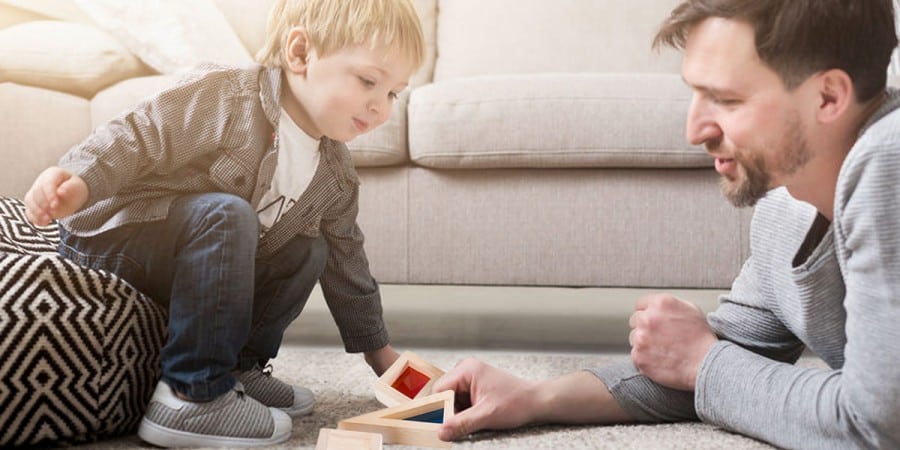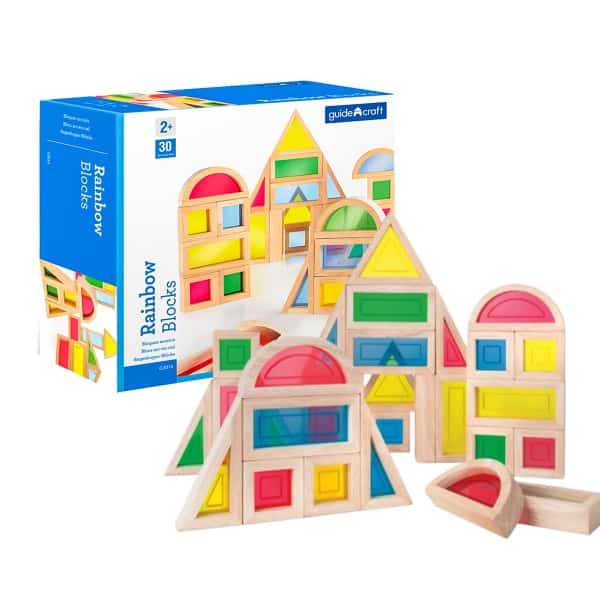In our hurried lives, we often forget the importance of play for our children. What if a simple prescription could improve the health and well-being of your child? What if that prescription said, “Play with your kids every day”?

The American Academy of Pediatrics (AAP) renewed a report on the importance of play. This report included updated research and the benefits of play. Also, it outlined their recommended actions and the role of your pediatrician.
- Defend free play by writing a “Prescription for Play.” Children need free play every day.
- Safeguard the purity of childhood by supporting imagination and creativity.
- Promote the importance of all types of play and the role of each in your child’s development.
- Collaborate with educators to:
- Protect recess time
- Encourage physical activity
- Emphasize the importance of curious, playful learning.
What is Play?
First, let’s look at the characteristics of play. While difficult to characterize, general opinion defines play as fun, voluntary, and spontaneous.
Second, play is a child-led activity that results in joyful discovery. It is about the process and not the end product.
Lastly, it involves taking risks, testing boundaries, and experimenting in a safe, nurturing environment.
Importance of Play
Pediatricians must emphasize the need for time spent playing with our kids. Especially relevant at a time when the nation wants to steal our children’s free-play time.
So many schools are eliminating art, music, physical education, and recess to focus on academics. This focus, coupled with increasing homework, leaves little if any, time for free play.
More parents work outside of the home, requiring more enrichment programs and activities. Also, parents worry about unsafe neighborhoods and playgrounds. As a result, kids spend more time indoors on their screens, taking away time from real play.
With these barriers and your child’s demanding schedule, it is no wonder they have lost so many hours of play weekly.
What suffers from the loss of this free-play time?
- First of all, your child’s health from lack of physical activity.
- Their happiness from too much pressure.
- Their general well-being from not enough social interaction.
- Finally, their curiosity, imagination, and creativity decrease with adult-led academic activities.
Freely Chosen Play
Overcoming the barriers and supporting free play does not require expensive toys or activities. Things that are open-ended with multiple uses are best for creative, curious discovery.
For example, you can reinforce play and creativity with simple everyday items. Things like wooden building blocks, balls, or other household items stimulate imagination and creativity. Choose toys that encourage your child’s imagination, like crayons, empty boxes, and dolls.
Do you remember building a huge fort out of a few blankets, chairs, and pillows you found lying around the house?
Even more important is being present and spending time with your child listening, laughing, and playing. Remember, play not only benefits your child, but you, too, will find joy and rejuvenation. Best of all, the time spent together builds a better relationship with your child.

Grab a set of wooden rainbow blocks, get down on the floor, and give the gift of play, building a healthier and happier relationship.
